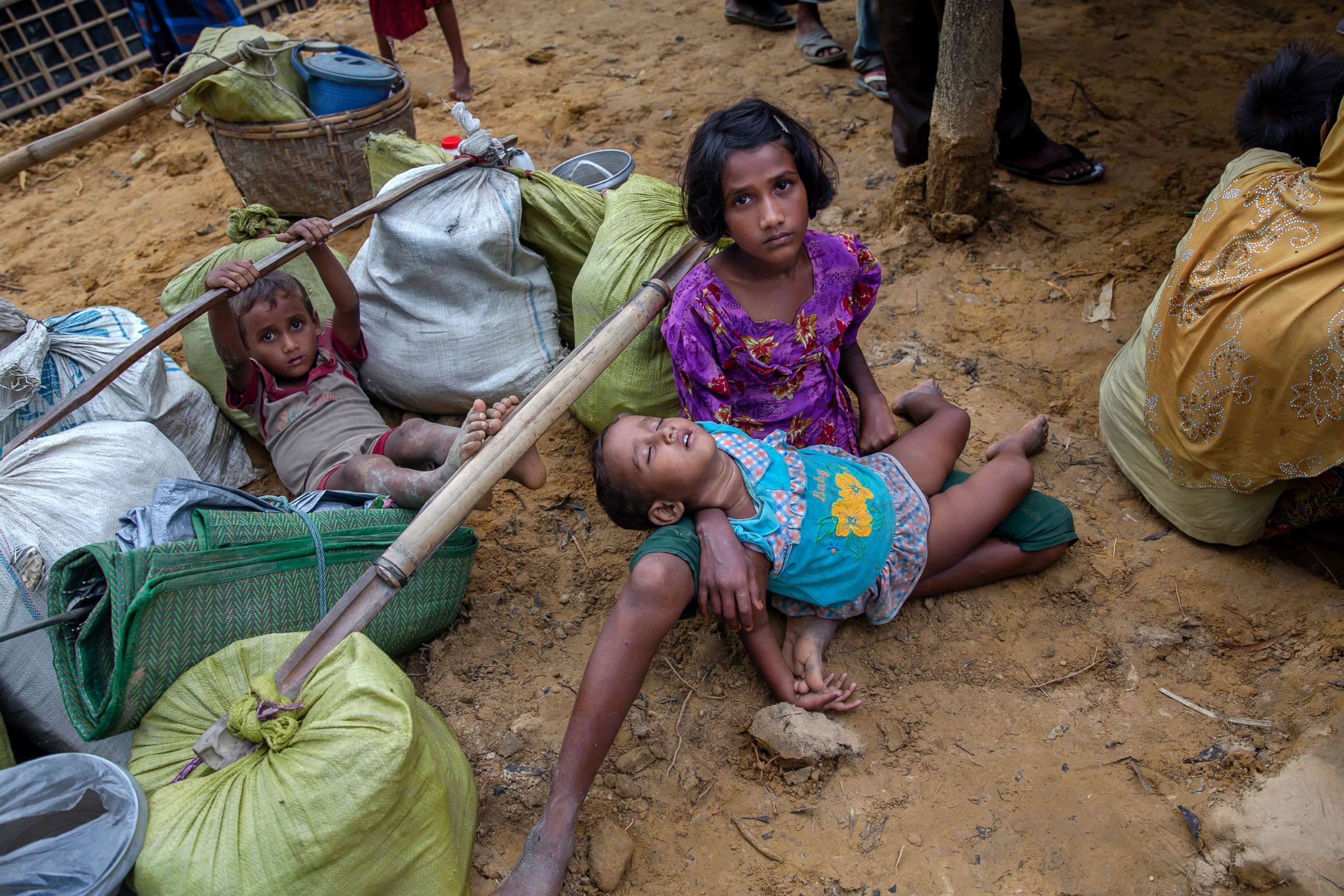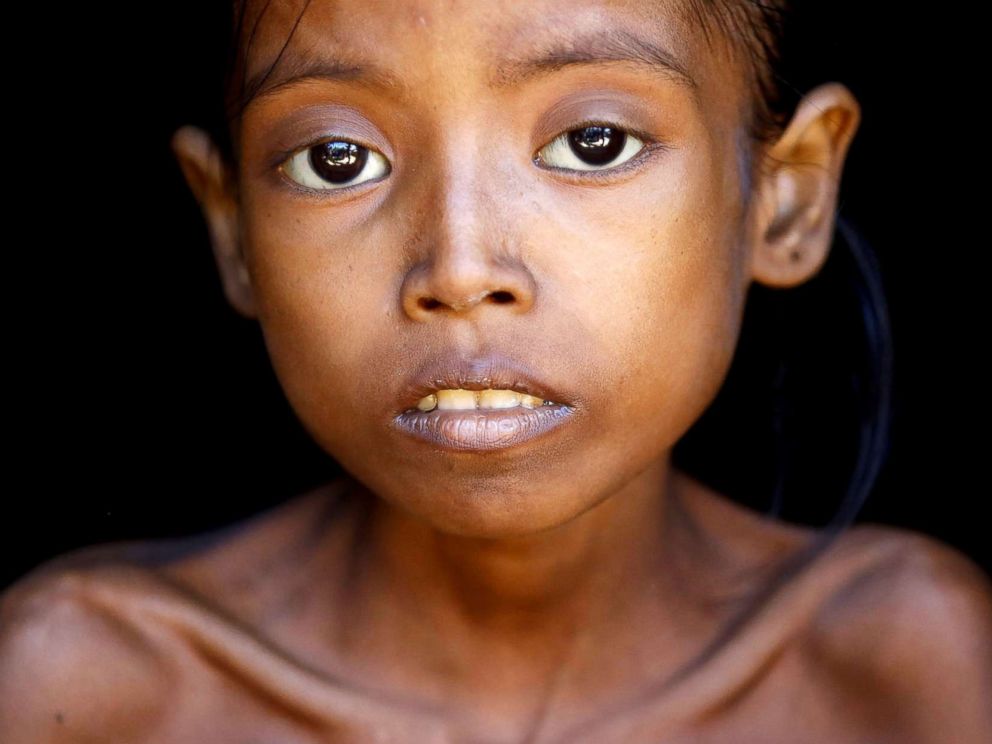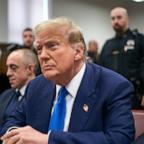Tillerson describes Myanmar violence as ethnic cleansing
He called violence against the Rohingya Muslim minority as ethnic cleansing.
— -- Secretary of State Rex Tillerson described the violence against the Rohingya Muslim minority in Myanmar's Rakhine state as ethnic cleansing for the first time today.
Tillerson did not use the term during his brief visit to Myanmar's capital, Naypyidaw, on Nov. 15, deciding only after visiting and analyzing the situation to describe the situation that way.
What does declaring the violence ethnic cleansing do in effect?
In reality, the new descriptor does not immediately accomplish much. Ethnic cleansing is a term that is not legally defined by U.S. or international law. A declaration does not trigger any sort of obligations or consequences.

For now, State Department officials say they are looking into targeted sanctions against individuals who may have carried out violence if the specific allegations can be confirmed. Some sanctions placed on Burma in 1998 due to anti-democratic activities of a military junta were lifted in 2016.
State officials said they expect the determination to "increase pressure" on the civilian government and military in Myanmar to reach an agreement on repatriating the 600,000 or so Rohingya who have fled as refugees into neighboring Bangladesh.
Who is perpetrating the ethnic cleansing?
Though ethnic cleansing has been declared, the perpetrator has not been defined as the Myanmar military. State Department officials say there are a number of "potential sources" of conflict, including both military forces and vigilante groups.
What will happen to the victims of the violence?
The State Department is focusing on returning the Rohingya who have fled to Bangladesh as refugees back to their homes. Even still, officials acknowledge that repatriating even a few hundred Rohingya per day would mean the process could last for years — a huge logistical challenge at this point. State will focus on voluntary repatriation, meaning they realize many Rohingya might not want to return to their former homes.

Last week, Secretary Tillerson announced an additional $47 million in humanitarian assistance for those affected, bringing the total amount spent to aid the victims since August of last year to $87 million.
Why aren't broader sanctions being imposed?
Broader sanctions remain a challenge, as State officials are wary of hindering the fragile civilian government in Myanmar, which has shared power with the military as laid out in the Burmese Constitution about 18 months ago. Transition of power to the fledgling civilian government is a delicate process and could benefit all the persecuted civilian groups in Myanmar... if it can be accomplished.
What is Aung San Suu Kyi doing about the crisis?
State had little to say about the role of the de facto civilian leader and Nobel Peace Prize winner Aung San Suu Kyi, who many have criticized for not doing enough to stem the violence. State officials look to Suu Kyi's leadership but did not lay out a specific goal or role for her to play.




